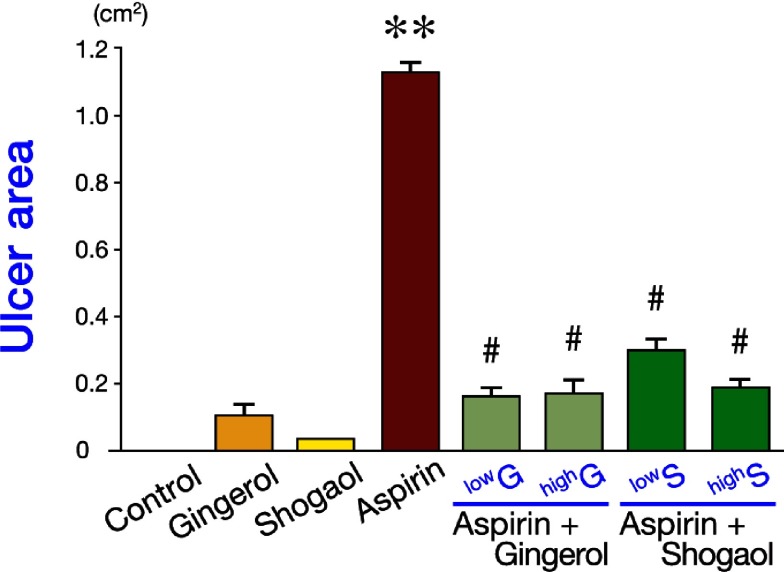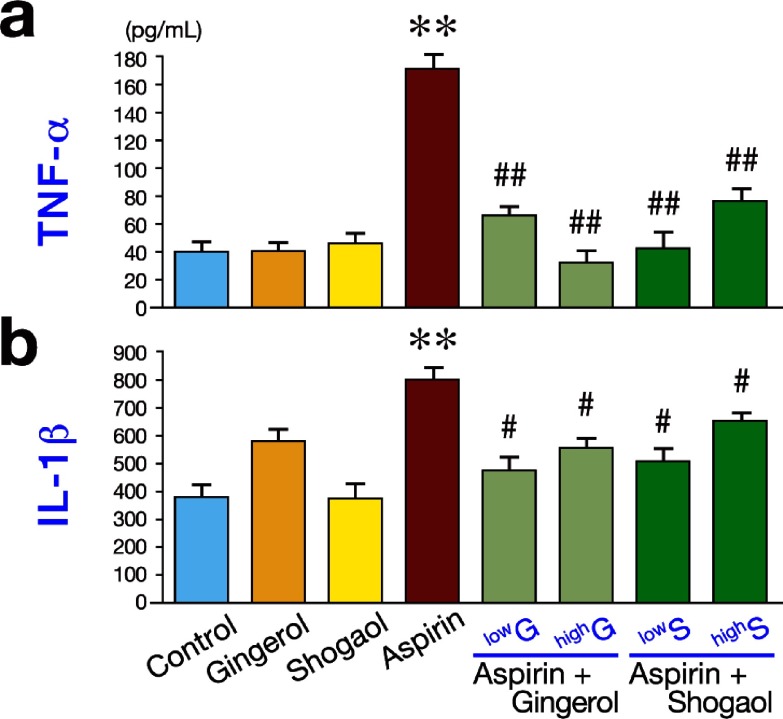I was researching the ways by which Aspirin could cause ulcers and found that it can, "... inhibits COX-1 activity in the gastric mucosa by suppressing the synthesis of protective prostaglandins. In doing so, this creates a state of propensity for the development of aspirin-associated gastrointestinal ulcers and ulcer complications." - The Effects of Aspirin and Acetaminophen on the Stomach in Healthy Volunteers - Full Text View - ClinicalTrials.gov
My understanding was that the acidity and ability of it to irritate locally was the main issue of aspirin, I wasnt aware that the stomach needed prostaglandins for proper function...
How accurate are these statements? Is there an effective way of preventing it?
Also:

 pubmed.ncbi.nlm.nih.gov
pubmed.ncbi.nlm.nih.gov
And is this why cabbage juice helps people with ulcers? "Recent research has also highlighted the fact that the protective functions of prostaglandins in the stomach can be carried out by other mediators, in particular the gaseous mediators nitric oxide and hydrogen sulfide."
My understanding was that the acidity and ability of it to irritate locally was the main issue of aspirin, I wasnt aware that the stomach needed prostaglandins for proper function...
How accurate are these statements? Is there an effective way of preventing it?
Also:

Prostaglandins in peptic ulcer disease. Their postulated role in the pathogenesis and treatment - PubMed
Prostaglandins are important in the pathophysiology of peptic ulcer disease and possibly in its prevention and treatment as well. Prostaglandins have been shown to inhibit gastric secretion, stimulate bicarbonate secretion, and increase gastric blood volume. Pretreatment with prostaglandins has...
And is this why cabbage juice helps people with ulcers? "Recent research has also highlighted the fact that the protective functions of prostaglandins in the stomach can be carried out by other mediators, in particular the gaseous mediators nitric oxide and hydrogen sulfide."
Last edited:


